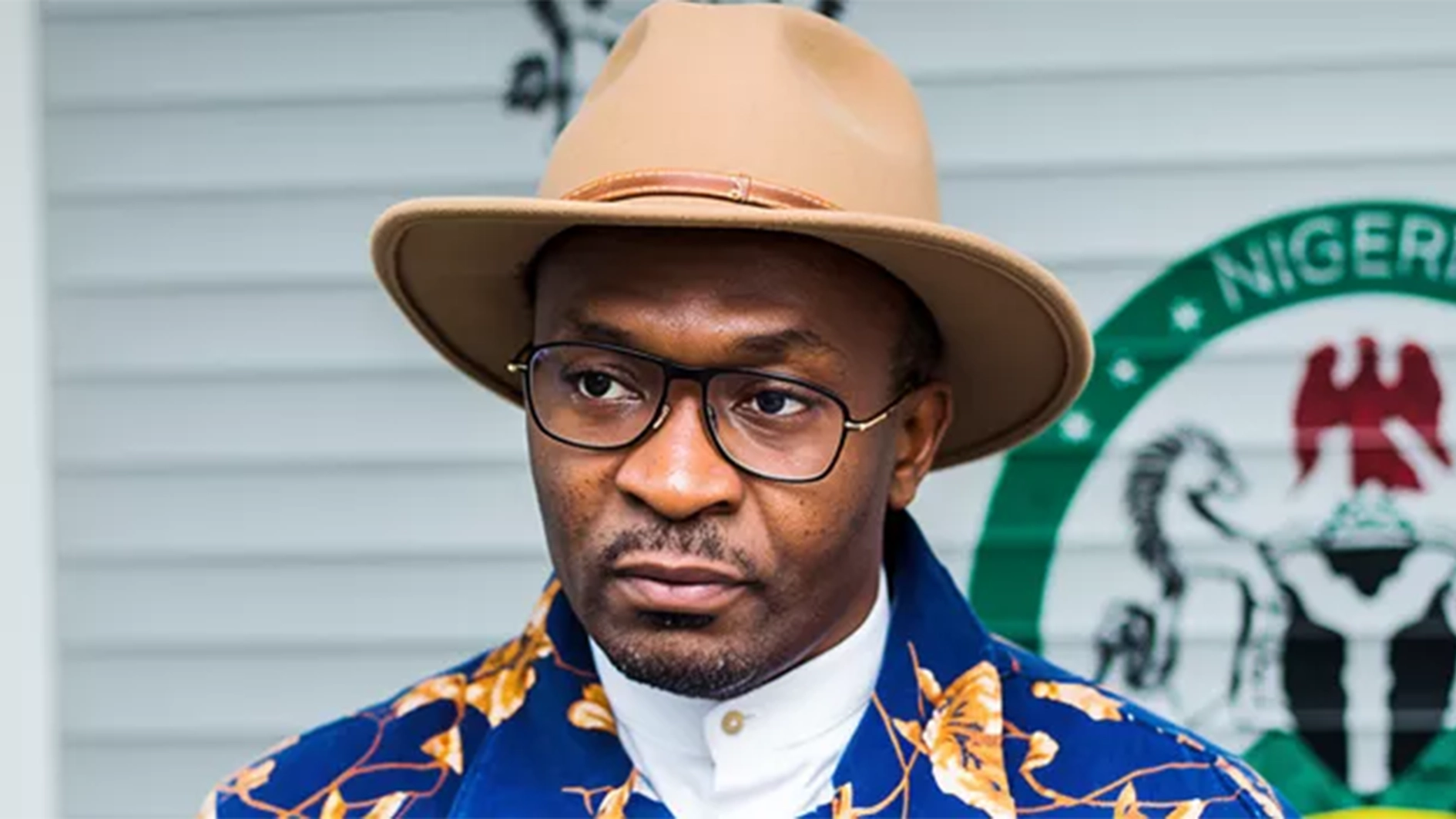The Human Rights Writers Association of Nigeria (HURIWA) has condemned the recent ruling by Justice James Omotosho of the Federal High Court in Abuja regarding the case of Nnamdi Kanu, the detained leader of the Indigenous People of Biafra (IPOB).
HURIWA described the judgment as a “travesty of justice” and a violation of the constitutional guarantee of fair hearing.
In a statement by its National Coordinator, Comrade Emmanuel Onwubiko, HURIWA criticised the ruling for failing to address critical legal and constitutional issues raised by Kanu, particularly his objections to being prosecuted under a repealed counter-terrorism law.
“The judgment reflects judicial haste and injustice, and the court should have suspended its decision until the Court of Appeal resolved outstanding jurisdictional and procedural disputes,” the group asserted.
HURIWA questioned Justice Omotosho’s determination to expedite the judgment despite Kanu’s appeals regarding the legality of his trial.
The rights group also emphasised that Kanu had informed the court about his filings challenging the validity of the charges under the now-repealed Terrorism Prevention Act 2013.
According to HURIWA, “The charge sheet does not disclose any existing written law as required under Section 36(12) of the Constitution, which vitiates the entire trial,” HURIWA stated.
The association therefore criticised the court for its failure to address fundamental issues, particularly the prosecution’s reliance on a non-existent law.
They argued, “Nothing in Nigerian jurisprudence allows a criminal trial to stand when the charge is based on an inoperative statute,” underscoring the need for courts to resolve jurisdictional and constitutional questions before proceeding.
Moreover, HURIWA accused the court of violating Section 36 of the Constitution, which guarantees a defendant’s right to a fair hearing.
The statement referenced established case law indicating that jurisdictional objections must be resolved before trial and called the judge’s conclusion that Kanu deliberately refused to enter a defence “disingenuous and misleading.”
The rights organisation stressed that Kanu maintained he could not present a defence until the court ruled on the legality and competence of the charges, which they argued aligned with Nigerian criminal procedure principles.
“In extraordinary circumstances like this, judicial restraint is required, not speed,” HURIWA stated, noting the unresolved appeals surrounding issues of extraordinary rendition and the legality of the charges.
HURIWA concluded by asserting that the judgment is fundamentally flawed due to the court’s neglect of the repealed-law issue, its denial of Kanu’s opportunity to present a defence, and its oversight of ongoing appeals.
The association called on the National Judicial Council to review the case and urged the Court of Appeal to overturn what they termed a ruling that offends both the law and the conscience of the nation.






